Children in need of help and protection: call for evidence.
Overview
We want to understand what it is that makes the difference to the educational outcomes of Children in Need in practice, how some Children in Need can achieve better educational outcomes than others, and what works in enabling Children in Need to achieve their potential.
We need to develop a stronger evidence base, going beyond the data to look at what is happening in practice. At different stages in a child’s life, or when requiring different levels of statutory social care support, children’s needs will require a different response. At each of these stages, a child may work with a variety of professionals who offer support to a child and to their family, to improve a child’s circumstances.
Through the call for evidence, we want to understand how the work of professionals supporting Children in Need can make a difference to a child’s educational outcomes. Specifically, we are interested in:
- how support is delivered or commissioned to help children
- how this support is measured and evaluated
- how this support influences educational outcomes
Children in Need are a legally defined group of children, assessed as needing help and protection as a result of risks to their development or health. This group includes children subject to Child in Need Plans, Child Protection plans, Looked After Children, young carers; and disabled children.
What happens next
What will we do with responses?
We will use the responses to the call for evidence to help us understand current practice and identify promising areas for further research.
Audiences
- Teachers
- Headteachers
- Governors
- School support staff
- Early learning and childcare providers
- Training providers
- Local authorities
- Adult education providers
- Further education colleges
- Sixth form colleges
- Independent specialist colleges
- Designated institutions and 16-19 academies
- 16-18 year old students resident at these institutions
- Designated safeguarding leads
- Virtual school heads
- SENCOs
- Educational Psychologists
- Pupils
- Young people
- Parents
- Foster carers
- Adoptive parents
- Employers
- Community representatives
- Volunteers
- Social workers
- Unions and representative organisations
- Government bodies and departments
- All
- Those evaluating programmes for children in need
- Those involved in underlying theoretical research on abuse and neglect, child development etc
- Those researching children’s social care or education systems, with links to educational outcomes of Children in Need
- Universities
- Social workers
- Team managers
- Service managers
- Principle social workers
- Directors of children's services
- CAMHS
- Adult and mental health practitioners
- Health visitors
- School nurses
- Clinical commissioning groups
Interests
- Education
- Health and wellbeing (Looked after children)
- Support in education
- Health and wellbeing
- Intervention
- Pupil data
- Statutory policies and guidance
- Keeping children safe in education and other settings
- Preventing neglect, abuse and exploitation
- Safeguarding disabled children
- Alternative provision
- Disabled children
- SEND code of practice
- Teaching and learning (SEND)
- Adult social care
- Adult social work

Share
Share on Twitter Share on Facebook